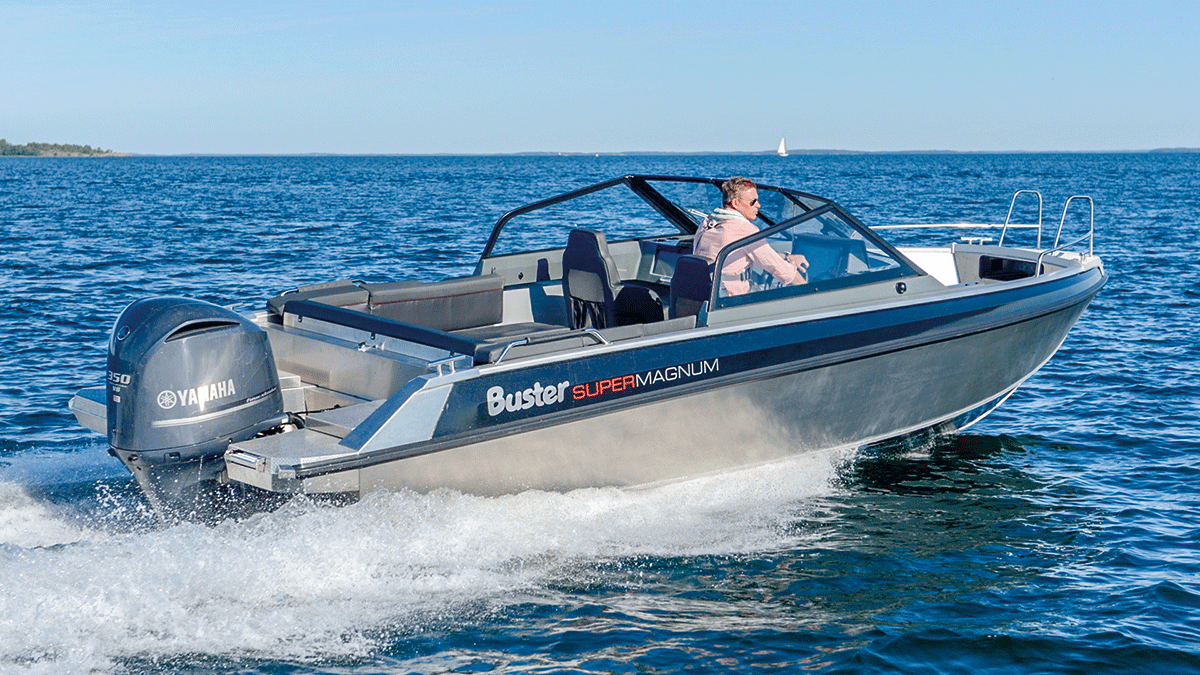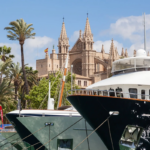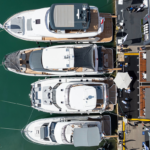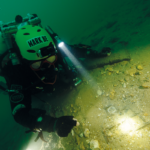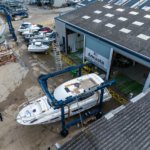 Johan Finnberg, from aluminium boat manufacturer and Yamaha boat partner Buster Boats, explains the advantages of aluminium boats versus their more ubiquitous GRP counterparts.
Johan Finnberg, from aluminium boat manufacturer and Yamaha boat partner Buster Boats, explains the advantages of aluminium boats versus their more ubiquitous GRP counterparts.
Boat building has come a long way from the first dugouts made from hollowed out bark. Large and small, vessels have been made using many different materials from iron and steel to concrete and GRP. But one material in these sustainability conscious days is coming into its own and making its mark on the boating market – aluminium.
Design and manufacture
As a boat builder we are keen to extend our range to ensure we can offer our customers the right boat for them. The flexibility of working with aluminium allows us to create different shapes and sizes of boats, with tons of versatile features. And the fact that we can automate much of the manufacturing process means it is more efficient and less vulnerable to errors.
Performance
Aluminium boats are usually lighter than fibreglass boats of a similar size. Due to the reduced weight, they reach the planing threshold faster using less revs, meaning lower fuel consumption.
Powering our boats with Yamaha outboards further enhances performance as the EFI system offers clean, efficient and reliable propulsion.
Lighter boats are also easier to trailer, providing owners with greater flexibility in where they keep and use their boats.
Maintenance and care
Compared to fibreglass, aluminium’s flexibility can better absorb the energy of an impact, helping to prevent serious damage to the hull, and is easier to repair.
For the most part, maintenance work on an aluminium boat is just rinsing and scrubbing, whereas a fibreglass boat requires waxing and polishing of the gelcoat which, if damaged, can be costly to repair and requires specialist know-how.
Aluminium is also not affected by the sun’s ultraviolet rays, which can affect a fibreglass boat’s gelcoat and underlying frame, making them more fragile over time.
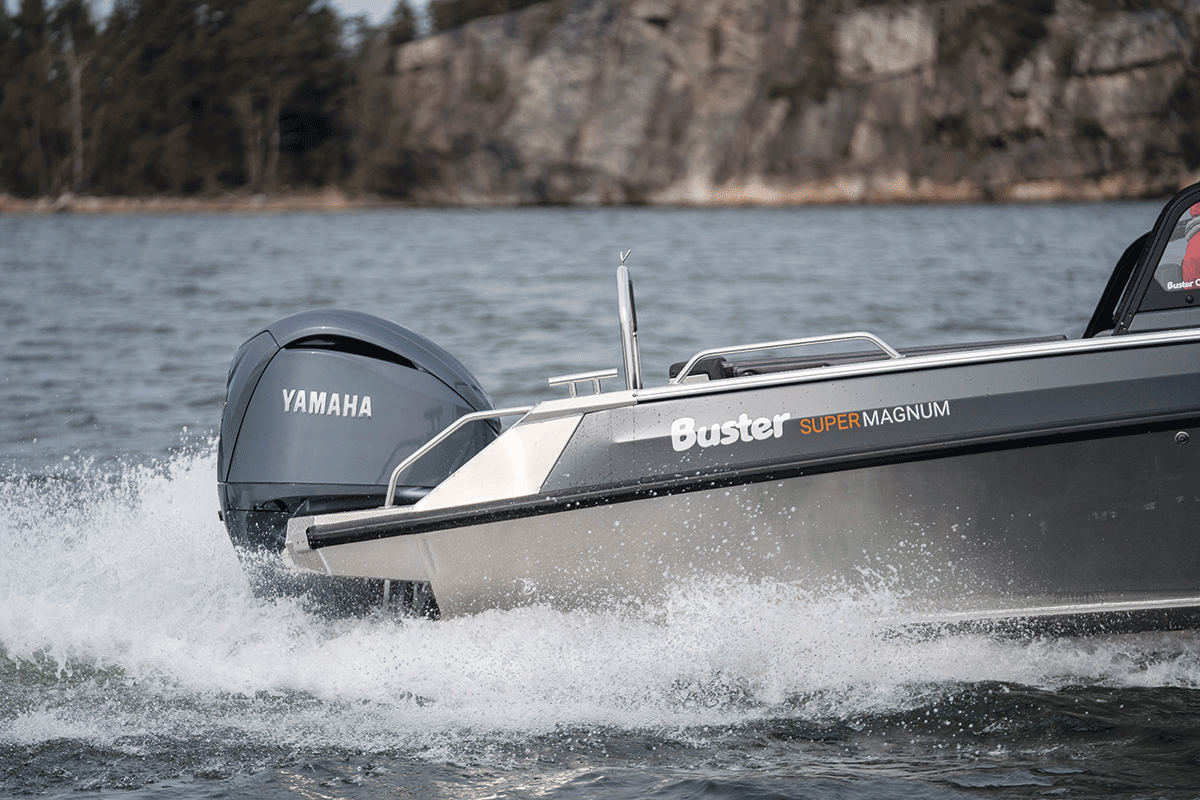
End of life and recycling
Aluminium boats have a longer lifespan too as the metal has a high tensile strength. It does not wear out or deteriorate over time, allowing it to retain its value longer, ensuring that a well maintained aluminium craft has a higher trade-in value and requires less maintenance during its lifetime.
Environmental benefits
The production of aluminium does require a lot of energy, but it can be recycled into like-new raw material practically indefinitely. The energy saving when using recycled aluminium raw material is significant compared to the newly mined raw material.
Fibreglass can be more expensive to produce, and it is also difficult to recycle and can cause environmental pollution in boating areas. Because aluminium requires less maintenance and can be recycled more easily, it produces less secondary pollution.
Whether it is for fishing, commuting or enjoying a weekend afloat with the family, an aluminium boat really does offer a great combination of lightweight flexibility and tough, dependable construction for a more sustainable alternative when getting out on the water.









